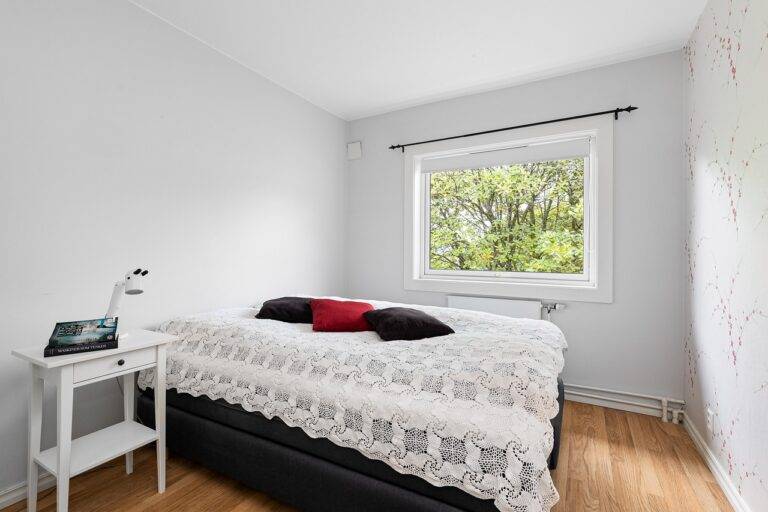Understanding the Importance of Speaker Phase Correction: 11xplay registration, Laser 247com, Tiger exchange 247 vip login
11xplay registration, laser 247com, tiger exchange 247 vip login: Understanding the Importance of Speaker Phase Correction
Have you ever noticed that sometimes the sound coming from your speakers doesn’t seem quite right? Maybe it sounds a little off, or maybe it’s just not as clear as you’d like it to be. One possible reason for this is a phenomenon called speaker phase distortion. In this article, we’ll delve into what speaker phase correction is, why it’s important, and how you can improve your audio experience by addressing it.
What is Speaker Phase Correction?
To understand speaker phase correction, we first need to grasp the concept of phase. In audio engineering, phase refers to the relationship in time between two or more soundwaves. When speakers are out of phase, it means that the soundwaves they produce are not in sync with each other. This can lead to a phenomenon called phase cancellation, where certain frequencies are effectively canceled out, resulting in a loss of clarity and definition in the sound.
Speaker phase correction is the process of ensuring that all the soundwaves produced by your speakers are in phase with each other. This can be achieved through various methods, such as adjusting the wiring of your speakers, using digital signal processing tools, or positioning your speakers in a certain way to minimize phase distortion.
Why is Speaker Phase Correction Important?
Speaker phase correction is crucial for achieving high-quality audio reproduction. When speakers are in phase, the soundwaves they produce reinforce each other, leading to a more cohesive and immersive listening experience. On the other hand, when speakers are out of phase, the sound can become muddy, distorted, and lacking in detail.
By correcting speaker phase, you can ensure that your audio system delivers sound as the artist intended it to be heard. Whether you’re listening to music, watching a movie, or playing video games, having properly phased speakers can make a world of difference in the quality of your audio experience.
How Can You Correct Speaker Phase?
There are several ways you can correct speaker phase in your audio system. One simple method is to check the wiring of your speakers and ensure that all connections are secure and correctly set up. This can help minimize phase distortion and improve the overall sound quality of your system.
Another option is to use digital signal processing tools, such as equalizers and crossover filters, to adjust the phase of your speakers. These tools can help fine-tune the timing of soundwaves coming from different speakers, ensuring that they are in phase with each other and producing a coherent sound.
Additionally, you can experiment with the positioning of your speakers to minimize phase distortion. Placing your speakers at an equal distance from the listening position and avoiding obstructions can help reduce phase cancellation and improve the overall clarity of the sound.
FAQs
Q: How can I tell if my speakers are out of phase?
A: One way to determine if your speakers are out of phase is by conducting a phase test using a test tone. You can also listen for any inconsistencies in the sound, such as a lack of clarity or definition.
Q: Do all speakers need phase correction?
A: While not all speakers may require phase correction, it is generally recommended to ensure that your speakers are in phase with each other to achieve optimal sound quality.
Q: Can I correct speaker phase on my own?
A: Correcting speaker phase can be a technical process, so it’s advisable to seek guidance from audio professionals or consult the user manual of your audio equipment for specific instructions.
In conclusion, speaker phase correction plays a vital role in achieving high-quality audio reproduction. By ensuring that your speakers are in phase with each other, you can enhance the clarity, definition, and overall sound quality of your audio system. Whether you’re an audiophile or simply appreciate good sound, paying attention to speaker phase correction can make a significant difference in your listening experience.







